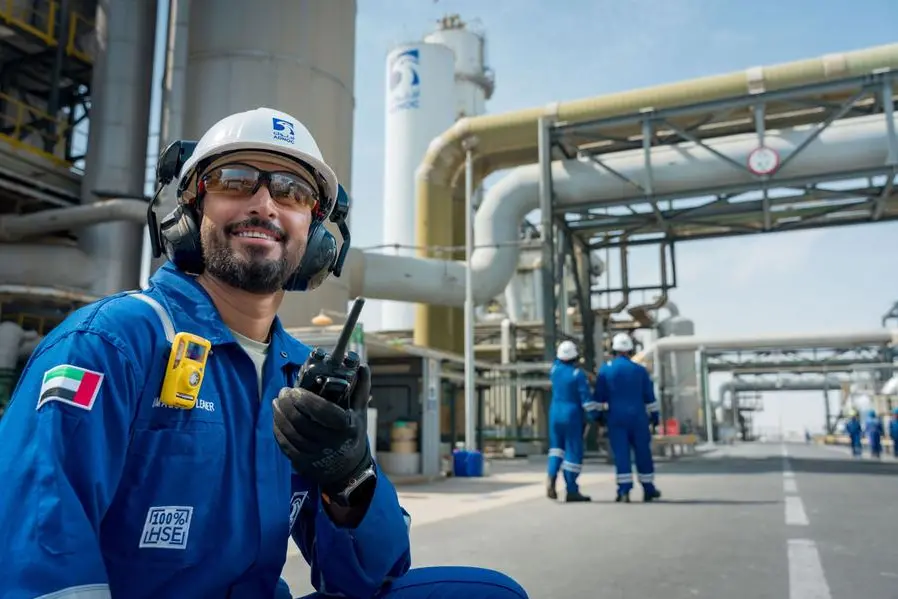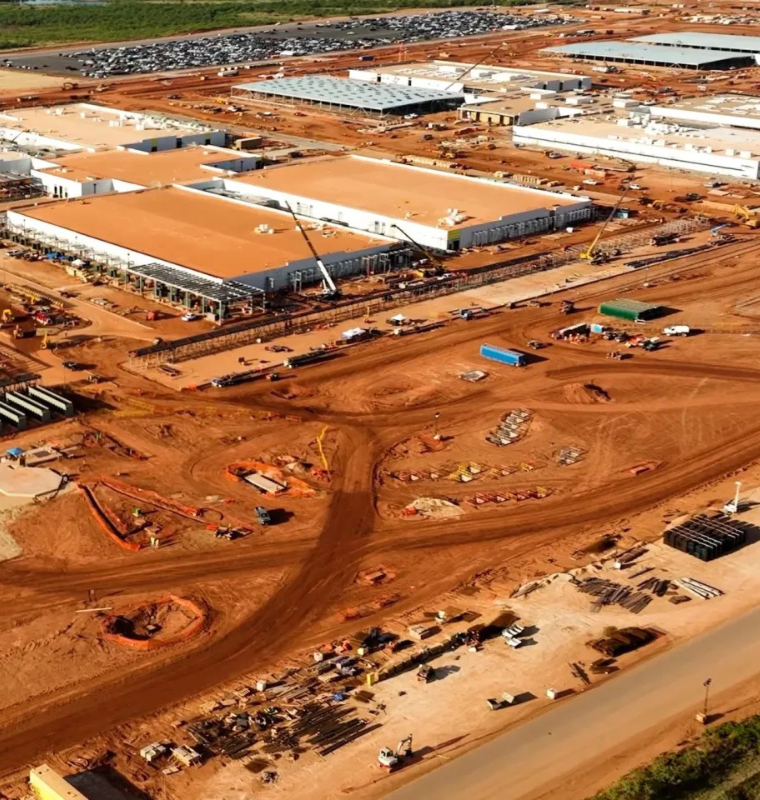KKR Strengthens Middle East Presence with Strategic Stake in ADNOC Gas Pipeline Network
KKR Strengthens Middle East Presence with Strategic Stake in ADNOC Gas Pipeline Network
By
David Goldfarb
Last updated:
October 1, 2025
First Published:
October 1, 2025

Photo: ZAWYA
KKR expands partnership with ADNOC
Global private equity powerhouse KKR has expanded its footprint in the Middle East by acquiring a minority stake in ADNOC Gas Pipeline Assets, a subsidiary of Abu Dhabi National Oil Company (ADNOC). The network, which plays a critical role in the UAE’s energy infrastructure, consists of 38 gas pipelines and two export terminals connecting ADNOC’s upstream operations to key domestic consumers.
While the financial terms were not disclosed, the deal reinforces the deepening partnership between KKR and ADNOC following their landmark 2019 agreement with BlackRock on oil pipeline assets, which paved the way for billions of dollars in foreign direct investment across the region’s energy sector.
ADNOC maintains ownership and control
Despite the new investment, ADNOC will retain full ownership and operational control of the gas pipeline system. The structure of the transaction ensures ADNOC continues to manage one of the UAE’s most critical energy networks while providing KKR with a stable, long-term revenue stream through its minority stake.
The move reflects a broader strategy by ADNOC to unlock value from its infrastructure assets while maintaining control over strategic national resources.
Why the Middle East matters for KKR
KKR has been steadily increasing its focus on the Middle East over the past decade, viewing the region as one of the most attractive destinations for global capital due to its rapid diversification strategies, growing infrastructure needs, and strong fiscal fundamentals.
David Petraeus, partner at KKR and chairman of both the KKR Global Institute and KKR Middle East, emphasized the firm’s confidence in the region: “The Middle East offers strong fundamentals, bold vision, and focused leadership that make it one of the most compelling investment destinations for global investors.”
Earlier this year, KKR formalized its Middle East presence by appointing Petraeus as chair of its regional operations and launching a dedicated investment team led by Julian Barratt-Due.
Expanding beyond energy: KKR’s regional investments
KKR’s stake in ADNOC’s gas pipeline assets is not its first major move in the Gulf. The firm recently acquired a significant stake in Dubai-based Gulf Data Hub (GDH), committing more than $5 billion alongside GDH to expand its data center network across the region. This marks KKR’s push to diversify into fast-growing technology and infrastructure sectors beyond traditional oil and gas.
The new transaction with ADNOC underlines how KKR is positioning itself at the intersection of traditional energy and next-generation infrastructure, both of which are central to the Gulf’s long-term economic vision.
KKR’s global infrastructure strategy
Since launching its infrastructure platform in 2008, KKR has grown into one of the world’s largest players in the sector, now managing more than $90 billion in infrastructure assets globally. The Middle East plays a central role in this strategy, with the firm having maintained an active presence in the UAE and Saudi Arabia for over 16 years.
The ADNOC pipeline deal not only strengthens KKR’s long-term ties with one of the world’s leading energy producers but also positions the firm to capitalize on future opportunities as the Gulf continues to modernize and expand its energy and infrastructure sectors.
Outlook: a win-win for both sides
For ADNOC, the partnership brings in global investment expertise and financial backing without relinquishing control over critical national assets. For KKR, it secures access to stable, long-term revenues from a strategically vital energy network while reinforcing its reputation as a trusted partner for governments and corporations in the Middle East.
This latest transaction signals more than just a financial deal — it reflects the growing integration of global private equity into the Gulf’s economic transformation, with energy infrastructure remaining at the core of that journey.
Popular articles
Subscribe to unlock premium content
Why Consumers Buy Limited-Edition Fashion and Beauty Products

How K-Beauty Changed the Global Skincare Industry and Consumer Expectations

How Streetwear Became a Billion-Dollar Industry From Niche to Mainstream

Why Consumers Buy Limited-Edition Fashion and Beauty Products

How K-Beauty Changed the Global Skincare Industry and Consumer Expectations

Why Consumers Buy Limited-Edition Fashion and Beauty Products









